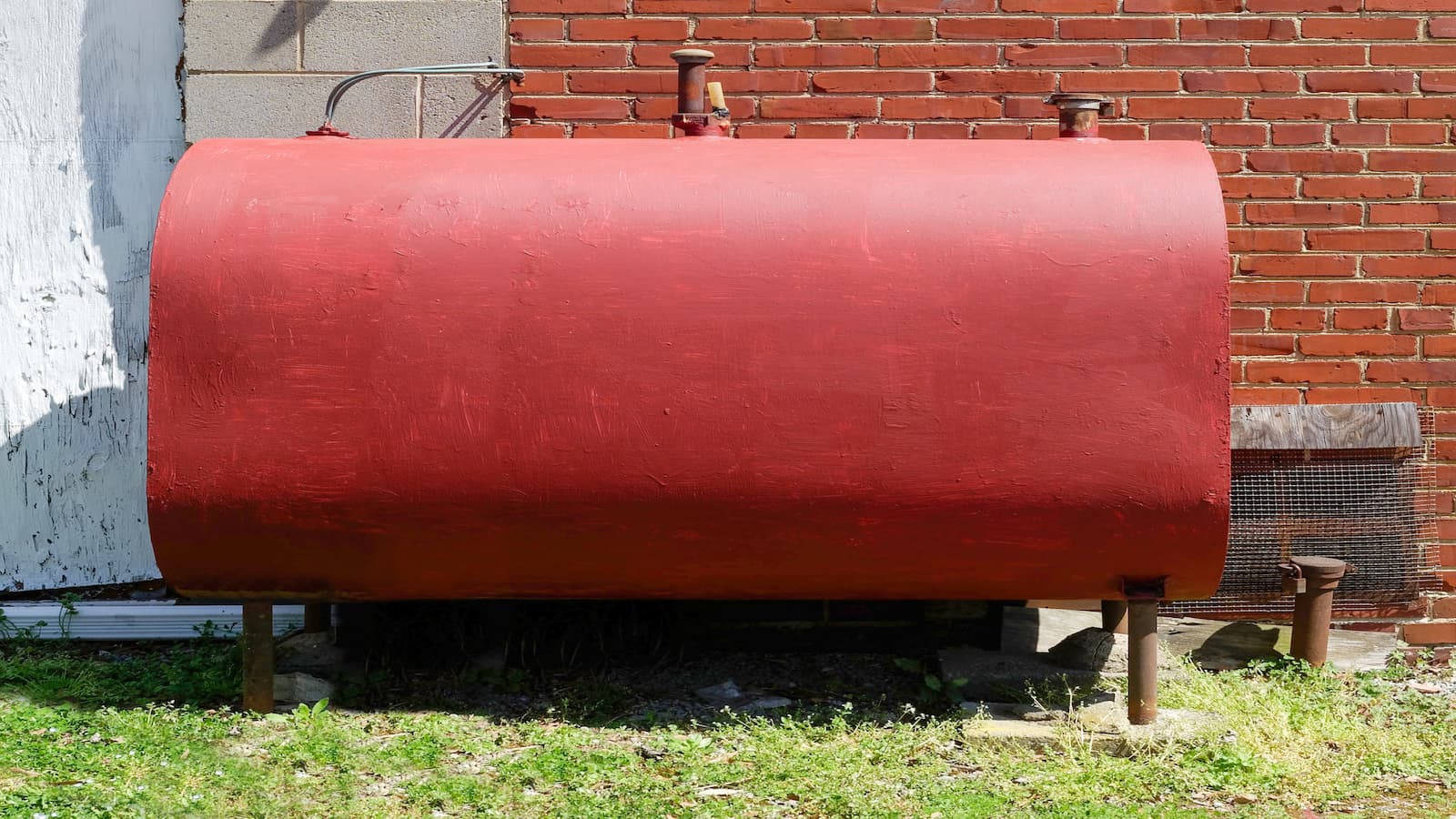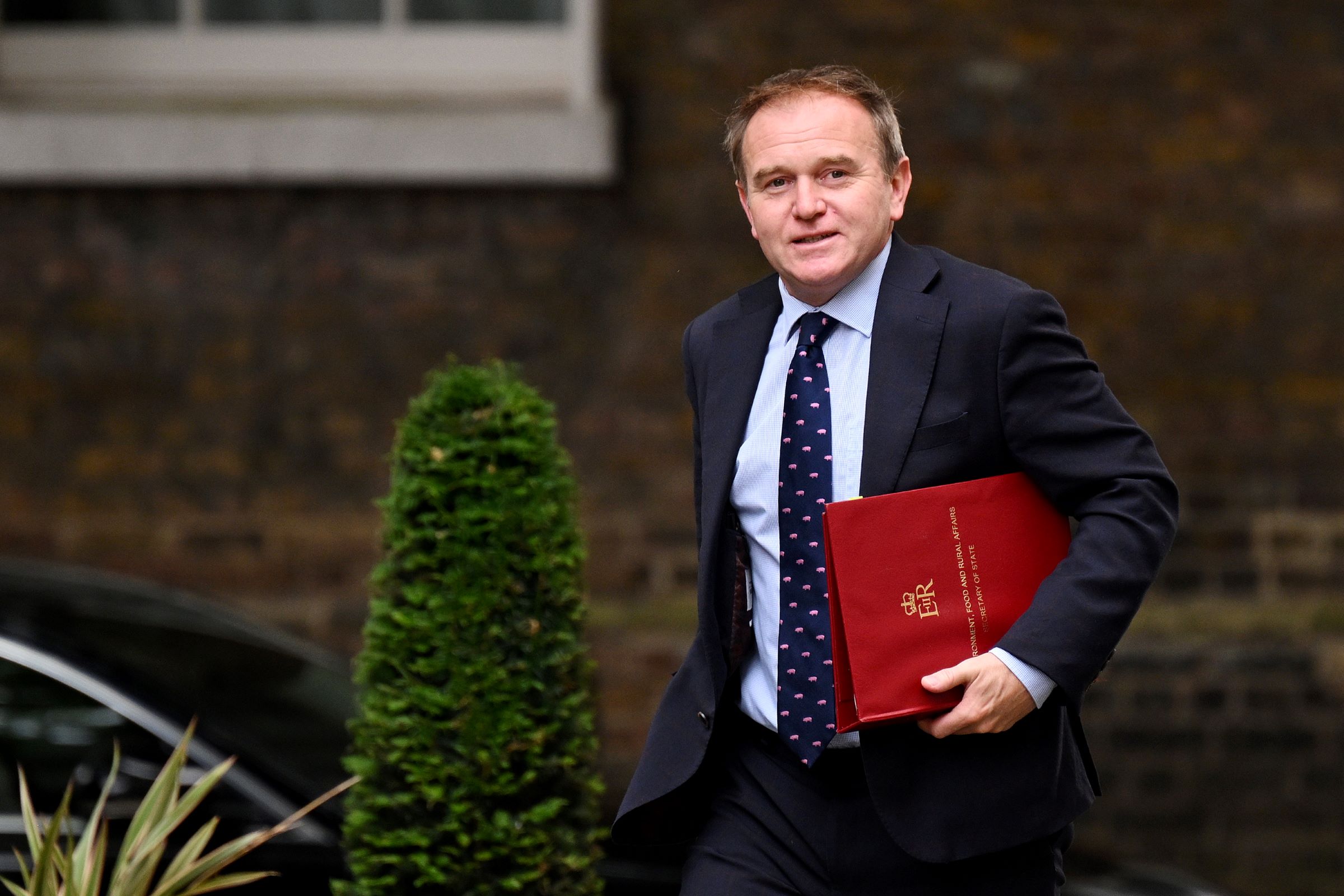Oil boiler ban scrapped by government in major policy change
The ban that was set to be introduced in 2035 has now been scrapped in a major policy change by the government

The UK government has confirmed that plans for an oil boiler ban, previously targeted for 2035, will no longer move forward.
A government spokesperson has told Homebuilding & Renovating “We will not force anyone to rip out a working boiler" although bans on oil boilers in new properties are still set to go ahead this year.
Instead, the focus will shift to encouraging households to adopt low-carbon heating alternatives, like air source heat pumps, by making them more appealing to homeowners through financial incentives and simplifying installations.
Shift away from oil boiler ban
The oil boiler ban was originally aimed at phasing out all new oil boilers by 2035 as part of the government’s broader strategy to achieve net-zero emissions by 2050.
The proposed ban, which also included restrictions on gas boilers, would have required households to transition to eco-friendly heating solutions.
However, the government has now opted for a voluntary approach. A spokesperson for the Department for Energy Security and Net Zero explained: “We will not force anyone to rip out a working boiler and are making heat pumps more affordable by providing £7,500 towards the cost through the Boiler Upgrade Scheme.”
What is the oil boiler ban?
The oil boiler ban was aimed to ban all new oil boilers in all homes by 2035 as part of the government's plans to meet their net zero emissions targets by 2050.
Get the Homebuilding & Renovating Newsletter
Bring your dream home to life with expert advice, how to guides and design inspiration. Sign up for our newsletter and get two free tickets to a Homebuilding & Renovating Show near you.
The ban, which also includes a gas boiler ban, would force households to seek eco-friendly oil and gas boiler alternatives.
The oil boiler ban is still set to be included in the Warm Homes Plan later this year, banning oil boilers in all new homes.

Need more advice or inspiration for your project? Get two free tickets to the Homebuilding & Renovating Show.
Focus switches to promoting low-carbon heating alternatives
The revised strategy aims to make homes cleaner and more affordable to run by introducing upgrades like insulation, solar panels and heat pumps.
To further promote low-carbon alternatives, the government has allocated an additional £30 million to the Boiler Upgrade Scheme for this financial year and nearly doubled its budget for the next, bringing the total to £295 million.
Planning regulations are also being revised to facilitate the installation of air source heat pumps. The removal of rules requiring pumps to be installed at least one meter from property boundaries will provide homeowners with greater flexibility.
The government spokesperson added: “We recognise there is still more to do to encourage consumers to switch to low-carbon alternatives such as heat pumps and have recently announced plans to remove planning constraints to make them easier to install.”

Ban previously labelled 'a ULEZ for rural communities'
The decision to scrap the oil boiler ban will be welcomed by some rural homeowners such as former environment secretary George Eustice who criticised the ban calling it “a ULEZ for rural communities”.
He advocated for owners to adopt eco-friendly fuels to run oil boilers instead of an outright ban.
Sir Geoffrey Cox, the former attorney general, also described the ban as an "extremely invidious choice" for rural, off-the-grid homeowners as they would be forced to pay for heat pumps or other expensive heating solutions.
The decision to abandon the oil boiler ban reflects a shift toward incentivising voluntary adoption of low-carbon heating technologies.
As part of the government’s updated approach, further details will be unveiled later this year in the Energy Security Bill and Warm Homes Plan.
By focusing on financial support and regulatory adjustments, the government aims to promote a gradual transition to greener heating systems without imposing strict mandates. This strategy aligns with the UK’s broader goals for energy efficiency and reducing emissions by 2050.

News Editor Joseph has previously written for Today’s Media and Chambers & Partners, focusing on news for conveyancers and industry professionals. Joseph has just started his own self build project, building his own home on his family’s farm with planning permission for a timber frame, three-bedroom house in a one-acre field. The foundation work has already begun and he hopes to have the home built in the next year. Prior to this he renovated his family's home as well as doing several DIY projects, including installing a shower, building sheds, and livestock fences and shelters for the farm’s animals. Outside of homebuilding, Joseph loves rugby and has written for Rugby World, the world’s largest rugby magazine.
